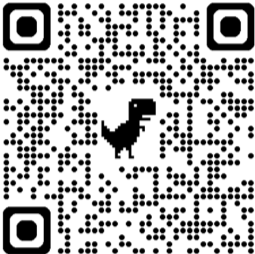Cyberlaw Week 3
Cyberlaw
Create multiple-choice games on Wisc-Online and play them on our Chakalaka mobile app!
But that's not all! Explore educational games created by others. Simply search by category or enter agame code number and dive into a world of learning and fun.
Download the Chakalaka mobile app here:

Topics of this game:
- The federal statute, found in Title 15 United States Code, that governs the law of trademarks.
- A word, logo, phrase, or device used to indicate the source, quality, and ownership of a service.
- Federal agency within the U.S. Department of Commerce charged with registering trademarks and granting patents.
- A name used to identify a company or busines
- The words and characters that website owners designate for their registered Internet addresses.
- Unauthorized acts that tend to blur the distinctiveness of a famous mark or to tarnish it
- An unreasonable delay in asserting one’s rights that causes prejudice or harm to another.
- Nonprofit corporation that oversees domain names.
- An international agreement that provides for an international trademark registration system.
- A patent is an intellectual property right granted by the U.S. government to an inventor to exclude others from making, using, offering for sale, or selling the invention throughout the United States or importing the invention into the United States for a limited time in exchange for public disclosure of the invention when the patent is granted.
- A specialized legal professional—not necessarily a licensed lawyer—who prepares and prosecutes patent applications before the Patent and Trademark Office.
- In patent cases, knowledge that is publicly known, used by others, or available on the date of invention to a person of ordinary skill in an art, including what would be obvious from that knowledge.
- A patent gives to the patentee or holder of the patent the right to exclude others from making, using, offering for sale, or selling the patented invention.
- In patent cases, a hearing at which the court receives evidence and arguments concerning the construction to be given to terms in a patent claim at issue. Based on Markman v. Westview Instruments, Inc., 52 F.3d 967, 984–85 (Fed. Cir. 1995).
User comments are currently unavailable. We apologize for the inconvenience and are working to restore this feature as soon as possible.

